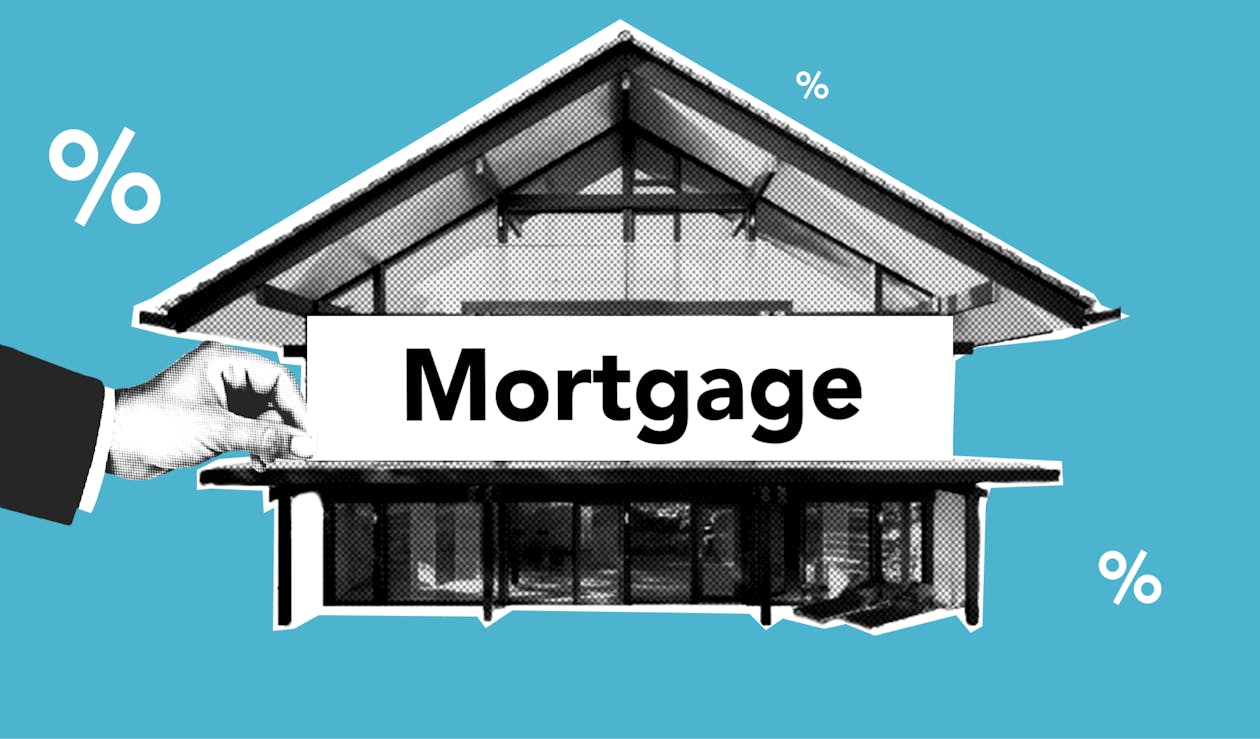Buying your first home, deciding to rent, or signing a lease can be exciting but also a bit confusing, especially with the array of salary-to-cost calculators and rules floating around online that aim to manage housing costs and improve affordability. Let’s simplify some of the most common property guidelines to help you make an informed decision that fits your financial situation.

Housing Costs - Common Budgeting Rules
The 28% Rule
A popular guideline is the 28% rule, which suggests that your housing costs— including mortgage payments, homeowner’s insurance, private mortgage insurance, and any homeowner association fees) should be no more than 28% of your gross salary. Additionally, it’s recommended you allocate another 8% of your salary for other debt payments, like credit cards and student loans. This leaves 64% of your income for daily expenses, savings, and emergencies.
The 35% | 45% Rule
For those seeking a bit more flexibility, the 35% rule allows for your mortgage payment to be up to 35% of your gross income or 45% of your net income after taxes. This can be beneficial if you have higher living costs or other debts. However, keep in mind that this approach might reduce your disposable income, especially in times of inflation, impacting your ability to cover other needs and wants.
The 25% Rule
If the above rules still seem too tight, the 25% rule might be worth considering. This more conservative approach suggests that your total debt repayments, including mortgages, credit cards, and other loans, should be capped at 25% of your gross income. While this might mean opting for a smaller home or a longer mortgage term, it can offer greater financial security and flexibility.

Choosing What Works for You
Everyone’s financial situation and goals are unique. Factors such as student debt, childcare expenses, and other personal commitments can affect your budget. Housing costs and affordability are a significant part of any financial plan. These expenses can vary greatly depending on the location, type of housing, market conditions, and inflation. It's essential to account for these costs and ensure they fit within your broader financial strategy, allowing you to meet both your current needs and future aspirations.
For example, if you anticipate working fewer hours, having children, or traveling more, these factors should influence your housing budget and overall housing costs. Remember, just because a lender is willing to offer a large mortgage doesn’t mean you have to take it.

While a larger mortgage might seem appealing now, consider the long-term impact of interest payments and how it aligns with your personal financial goals and comfort level.
Ultimately, don’t let a general rule dictate your financial decisions. Your money should serve your life goals, not the other way around.
***
Need Your Financial Questions Answered? 💸🤗

Our weekly coaching calls is a safe space where you can ask your specific financial and investing questions.
Our members have often thought about investing for some time and having our tight-knit community and expert Olga Miler on hand helps women "push the button"
This Monday, we offer you the chance to ask your questions and join our VIP coaching call for FREE